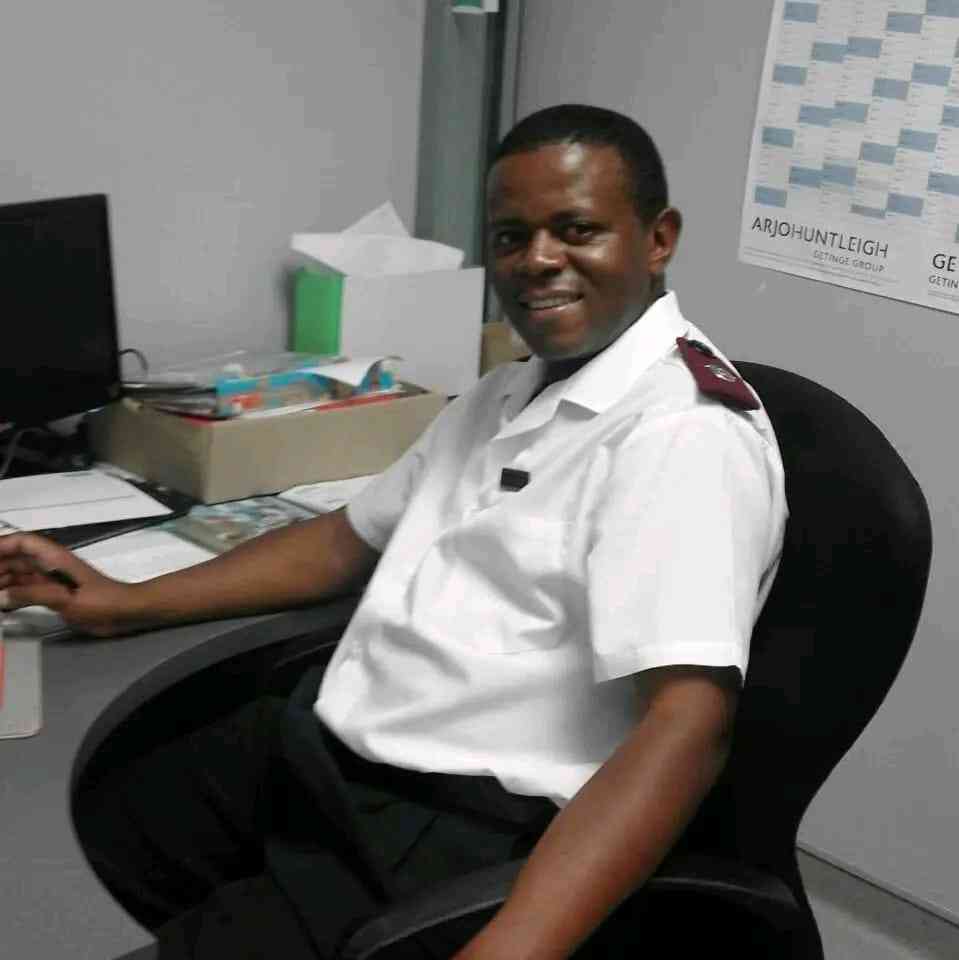
THE country’s laws, which require veterans of the liberation struggle to undergo a vetting process to confirm their credentials, do not cover reburial of those who died during the war, a Cabinet minister has said.
Responding to a petition filed by the Zimbabwe National Liberation War Veterans Association's Sam Parirenyatwa in 2023 for Parliament to exercise its powers to cause the repatriation and reburial of the remains of ex-combatants, Veterans of Liberation Struggle minister Monica Mavhunga said the law only dealt with those who were alive at the time of the enactment of the repealed War Veterans Act.
The fallen heroes of the 1970s war are presently buried at Freedom Camp, Mkushi in Zambia and Chimoio, Nyadzonia and Tembwe in Mozambique.
“In terms of this law, a veteran must go through a vetting process before his or her credentials as a liberation war fighter are confirmed.
“This automatically disqualifies those who passed on before 1997 because they could not appear in person before the vetting teams.
“Paradoxically, they are recognised as heroes for their role as commanders in terms of the National Heroes Act [Chapter 10:16] and their dependants are entitled to State assistance.”
This legislative gap has resulted in individual families and volunteers taking charge of reburial.
“There is also the War Victims Compensation Act [Chapter 11:16] that provides for compensation as a result of injury or death caused by the war but is silent on reburials and repatriation of the remains of those who died. It is, therefore, clear that there is a gap within the existing pieces of legislation.
- War vets demand stake in new govt
- Improve our welfare, war vets tell ED
- War vets cry foul
- War vets fire salvo at Mutsvangwa
Keep Reading
“This leads to a disjointed approach to the matter, resulting in individual families and volunteers taking the lead in reburials,” Mavhunga said.
Where repatriations are involved, Mavhunga said, the Foreign Affairs and International Trade ministry would play a critical role.
“As the ministry responsible for the welfare and economic emancipation of veterans of the liberation struggle, we observed that there was a gap in the Veterans of the Liberation Struggle Act [Chapter 17:12] in addressing issues of posthumous recognition, exhumation, repatriation and reburial of veterans of the liberation struggle who perished during the war of liberation,” she said.
The minister said government had submitted principles for the amendment of the Veterans of the Liberation Struggle Act to accommodate these issues.
“The amendment will provide that all freedom fighters who bravely perished during the war of liberation in battles inside Zimbabwe and neighbouring countries must be accorded decent reburials as an acknowledgment of their selfless contribution to the liberation struggle and ensuring that their final resting places reflect the respect they deserve,” she said.
Mavhunga also highlighted that the reburial process requires significant financial support, particularly for remains located outside Zimbabwe's borders.
“From the few burials that we conduct, it is evident that the process of exhumation and reburial requires huge financial support. The costs are even higher for remains which lie outside our borders,” she said.
For the 2025 budget, US$883 million has been allocated for memorialisation, identification, exhumation, reburial and closure for families of liberation war veterans.
“This allocation will enable registration and proper record keeping of those who died during the war. However, only 200 veterans will be reburied in 2025, instead of the projected 1 000, due to funding constraints,” Mavhunga said.
She said the ministry would continue lobbying Treasury for the allocation of more resources to expedite the reburial exercise and bring closure for families who lost their loved ones.
“It is pertinent to highlight that the ministry has a decentralised payment system for0 funeral benefits to provinces to avoid delays, but inadequate funding by Treasury has been the major setback,” she said.
In 2020, the remains of 11 suspected freedom fighters were exhumed in Mutoko district and reburied at Kapondoro Heroes Acre in Mutoko East constituency.










